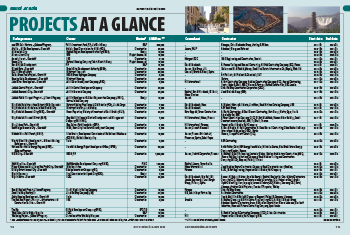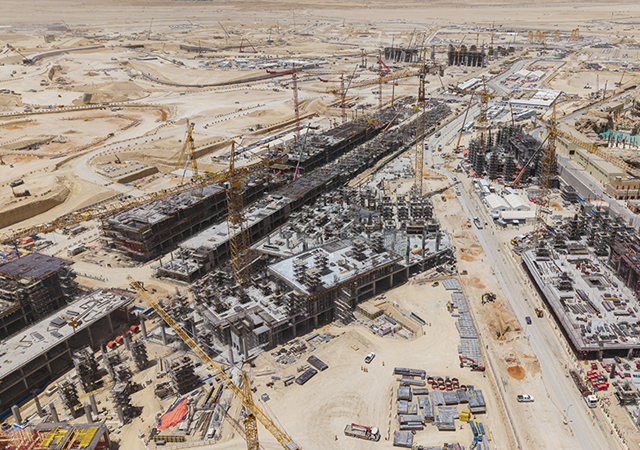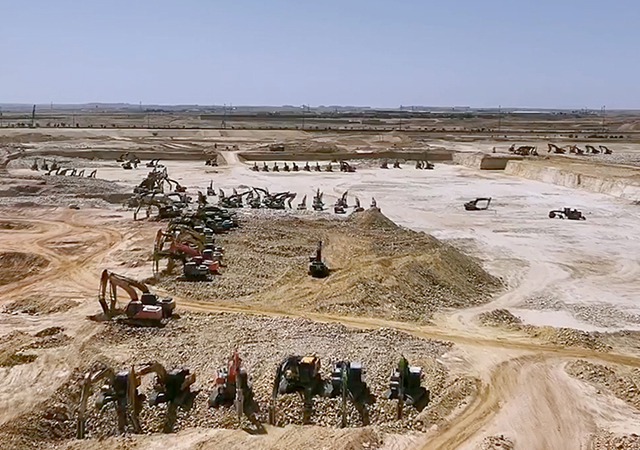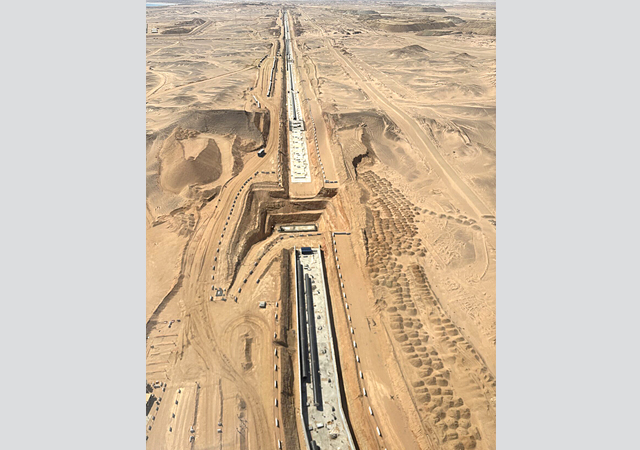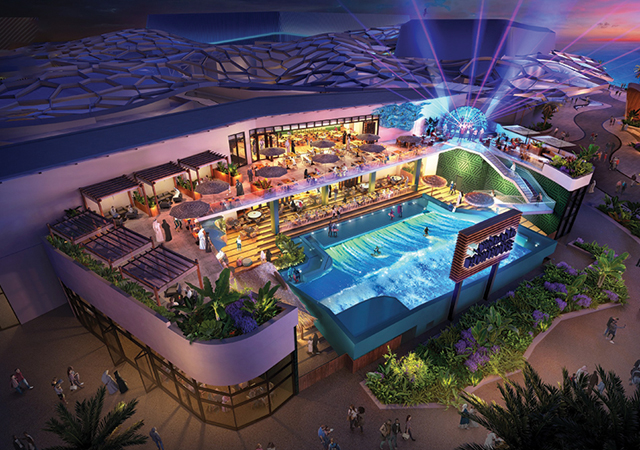

Saudi Entertainment Ventures (SEVEN), a wholly-owned subsidiary of the Public Investment Fund (PIF), is pushing ahead with the construction of 14 large-scale entertainment destinations across the kingdom as part of its SAR50 billion ($13.3 billion) development portfolio.
The company, which aims to enhance the quality of life and build a new entertainment economy in Saudi Arabia under the Saudi Vision 2030, has awarded contracts valued at between SAR35 billion and SR37 billion to date on these projects, Abdulelah AlFawzan, SEVEN’s Chief Projects Officer, tells Gulf Construction’s Bina Goveas in an exclusive interview.
He reveals that the first openings are expected in 2026, with a staggered roll-out of at least three destinations per year through 2028. The company ultimately plans to deliver 21 destinations nationwide.
“We will begin the roll-out of our destinations from 2026 until 2028, opening at least three destinations in three different cities each year – this could potentially reach four or five destinations per year,” AlFawzan reveals. “We cannot specify which ones at this stage due to various factors such as construction progress, permissions, and official operating approvals. Therefore, rather than focusing on specific projects, we are working on all of them and will announce the openings once we have the necessary approvals from the authorities.”
“Starting in 2026, we will transition from being solely a developer to also being an operator, as we will be running all these destinations across the kingdom,” he adds.
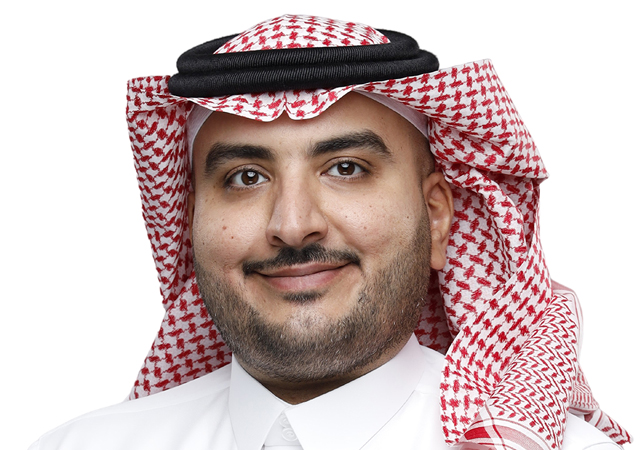 |
|
AlFawzan ... we will transition from being solely a developer to also being an operator. |
The Al Hamra project in Riyadh, one of SEVEN’s flagship developments, has reached 60 per cent completion and has entered the final stage, which includes fit-out works and ride installations. Construction in Tabuk, Madinah, and Abha is also visibly advanced, according to AlFawzan.
Designed as urban entertainment complexes, the developments allocate over 80 per cent of their footprint to entertainment, with the remaining area being dedicated to food and beverage and supporting retail offerings. While hotels are not part of the current development scope, SEVEN is open to integrating hospitality components in future expansions where space and planning allow.
Each complex is being tailored to local demographics and site conditions, with larger cities set to receive higher-capital projects like ski slopes and water parks. SEVEN has also partnered with international intellectual properties (IPs) including Warner Bros Discovery, Hot Wheels, Play-Doh, Formula E, and Transformers to bring globally branded experiences to its venues.
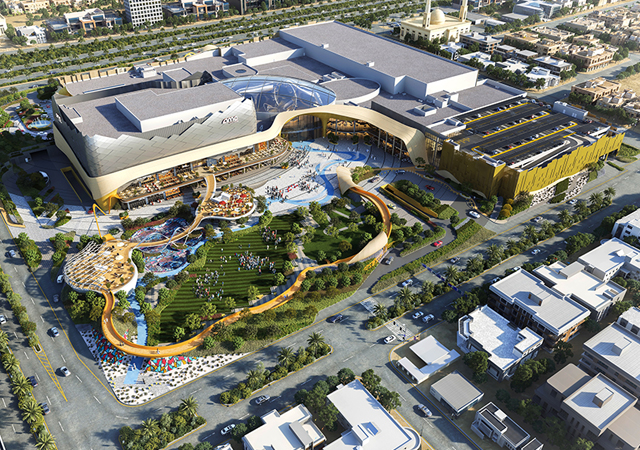 |
|
Al Hamra project in Riyadh ... 60 per cent complete. |
More than 22,000 construction workers are currently engaged across SEVEN sites. To ensure consistency and quality, SEVEN has assembled an in-house project management team of 300 professionals, supported by international consultants and local contractors. Many contractors are engaged across multiple sites to ensure knowledge continuity and efficiency.
Despite the scale and complexity, AlFawzan reports minimal logistical challenges thanks to strategic site locations within urban areas and close cooperation with local authorities.
Excerpts of the interview with Abdulelah AlFawzan, Chief Projects Officer at SEVEN:
What is SEVEN’s mandate for developing its entertainment portfolio and how is it contributing to the Saudi Vision 2030?
Our mandate for creating a new entertainment economy under the Saudi Vision 2030 is twofold: firstly, by enhancing the quality of life across the kingdom and secondly by contributing to the entertainment sector within the overall economy. We are doing this by developing entertainment destinations and are well advanced in the development phase of 14 projects in 13 cities, which are under way simultaneously. We currently have two projects in Riyadh, and one each in the other cities.
Our overall mandate is for 21 projects in 14 cities which include Riyadh, Kharj, Makkah, Jeddah, Taif, Dammam, Khobar, Al Ahsa, Madinah, Yanbu, Abha, Jazan, Buraidah, and Tabuk. Within the next 12 months, you will hear the news that we are moving beyond the development phase into the operation phase with the opening of our first assets. We are focusing on all 14 of these projects across the kingdom – not just in major cities; we aim to be present everywhere, and our motto for the people living in Saudi Arabia, wherever they are, is “Joy around the corner”.
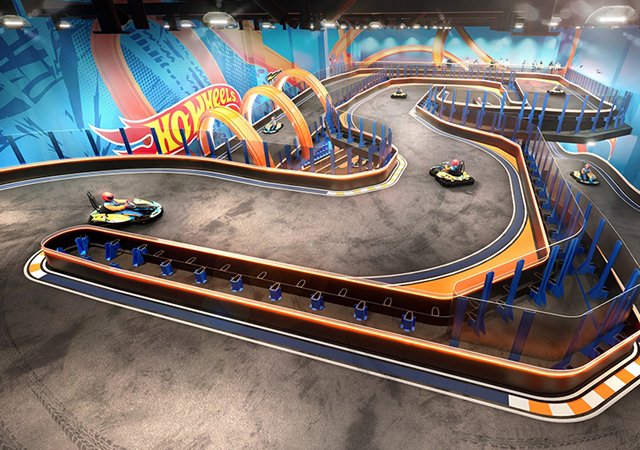 |
|
SEVEN has teamed up with toy company Mattel to bring Hot Wheels e-karting experiences to Saudi Arabia. |
I understand that 60 per cent of the work is completed on the Al Hamra project in Riyadh. Is that correct? When do you expect to open your destinations to the public?
That’s correct. Al Hamra is one of our flagship projects and is 60 per cent complete. We are now advancing into the final stage with fit-out works and the installation of rides. Construction work in other cities such as Tabuk, Madinah, and Abha is also at an advanced and visible stage. We will begin the roll-out of our destinations from 2026 until 2028, opening at least three destinations in three different cities each year – this could potentially reach four or five destinations per year. We cannot specify which ones at this stage due to various factors such as construction progress, permissions, and official operating approvals. Therefore, rather than focusing on specific projects, we are working on all of them and will announce the openings once we have the necessary approvals from the authorities. Starting in 2026, we will transition from being solely a developer to also being an operator, as we will be running all these destinations across the kingdom.
What do these entertainment destinations offer? Will there be any hotels tied to these destinations?
We are not just theme parks; we are urban complexes where entertainment constitutes over 80 per cent of the developed area, with the remainder dedicated to food and beverage outlets and retail offerings. Our offer is unique because we are located within cities, at major intersections, or along the waterfront. Our aim is to provide a diverse range of entertainment options suitable for various age groups. We envision families with members ranging from one to 80 years old finding engaging experiences within our complexes. The appeal of our space is that it encompasses more than just entertainment across the kingdom, in both major and smaller cities.
Our primary mandate is entertainment, but we are open to the possibility of hospitality offerings around, though not directly part of, our complexes. We are currently exploring some plans and are in discussions. Hospitality would always be an ancillary offering to the entertainment, and we are open to it if we have the space and integrated development opportunities. However, our current focus remains on the entertainment experience itself.
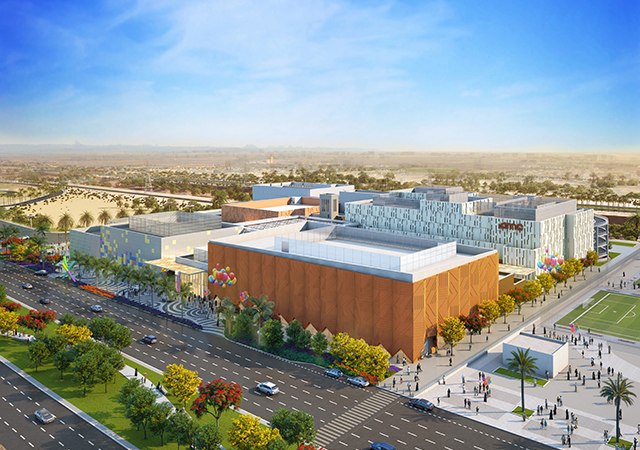 |
|
An artist’s impression of SEVEN’s venue in Tabuk. |
Can you elaborate on your strategy in developing these destinations?
Let me explain how we are developing our destinations, which will be applicable across our projects. At SEVEN, with our mandate to be the champion for entertainment within Saudi Arabia, we began with three key steps.
First, we surveyed our potential visitors to understand their expectations and preferences. We asked what they would like to see in their cities, what kind of attractions they enjoy when travelling abroad, and what they typically visit in other countries. We conducted thousands of surveys in every city within Saudi Arabia and even the surrounding region to understand local desires.
Our second input was identifying new global trends in entertainment development. We looked at what leading entertainment providers worldwide are doing for the future.
Third, we engaged international consultants and experts to discuss the diverse offerings we could provide to the Saudi population. It’s important to remember that we are not developing a single destination or theme park in one city, but rather 21 projects across the kingdom. This presents the challenge of creating multiple distinct offerings that are being developed simultaneously.
We have compiled a list of what we call attractions, designed to fit different cities. In larger cities like Riyadh, Dammam, and Jeddah, you can expect bigger, more capital-intensive attractions. This includes ski slopes, various parks (water parks, indoor and outdoor), and more. In medium or second-tier cities, we are offering very good attractions, though not necessarily on the same scale as those in the major cities. The specific list of attractions for each project will be announced individually.
We are also focused on bringing international IPs closely connected to entertainment culture into our attractions and complexes. For example, we are partnering with Warner Bros Discovery to build attractions based on their extensive library and media, leveraging the legacy of the Discovery Channel. We are also working with Play-Doh to develop unique attractions for young children (one to three years old), featuring Play-Doh IP-based soft play and other elements.
Furthermore, we have partnered with Hot Wheels, the well-known toy brand for kids, to create branded e-karting experiences with merchandise. We have also signed an IP agreement with Formula E for branded Formula E e-karting. While we will have standard entertainment attractions, we are adding this international IP flavour to enhance the overall experience for our guests.
Additionally, a very important IP for us is Transformers. We are building a family entertainment experience with Transformers, including a heavily themed, international-standard play area spanning 10,000 sq m in Riyadh, with similar offerings planned for Dammam and Jeddah.
As I mentioned, we are strategically dividing these attractions based on city population, purchasing power, site size, and the preferences of the local residents as determined by our surveys. Our challenge has been to ensure that visitors to different SEVEN assets across various cities will find something new and distinct, ensuring a unique experience in each SEVEN destination.
Ultimately, I believe we now have a stable mix of unique attractions, international IPs, homegrown IPs, and SEVEN IPs that will create enjoyable memories for our guests.
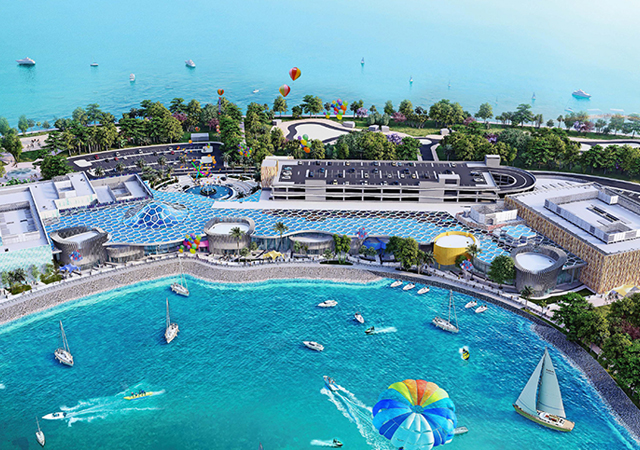 |
|
SEVEN’s destination in Yanbu is located along the promenade on Al Nawras Island. |
What is the total value of the construction contracts awarded for these assets?
Our portfolio for development is valued at roughly more than SAR50 billion. To date, we have signed contracts worth between SAR35 billion and SAR37 billion for these projects. These are all committed contracts to build the 14 projects mentioned earlier that are currently under construction. So, we are now in a large-scale construction phase, and these contracts will be managed over the next three to four years.
Regarding consultants and contractors for these projects, is there a mix of Saudi and international firms?
Yes, during our procurement stage, we effectively engaged with the market, seeking contractors as partners. We successfully signed contracts with international, regional, and local contractors, many of whom are in joint ventures combining local, regional, or international expertise. Furthermore, we ensured that almost all our contractors are involved in more than one project. This means we have repeat contractors working across the SEVEN portfolio, which I believe demonstrates the strength of our relationships. These contractors understand the entertainment sector, are eager to work on entertainment projects, and want to partner with SEVEN. Consequently, nearly every contractor or joint venture is working with us on at least two projects, with some involved in three, and one even managing four projects. This level of commitment from our supply chain is evident, and we are progressing well with these contractors to build unique local experiences in developing entertainment destinations.
What are the major challenges you have encountered in developing these projects, and what solutions have you implemented?
Building all these projects simultaneously across the kingdom is inherently challenging. We recognised this significant undertaking from the outset. Once you understand your mandate and define your challenges, the crucial step is to develop a plan to address them. We identified these challenges early on, given our understanding of our mandate, the cities, and the projects, so we planned accordingly.
We assembled a world-class in-house project management team at SEVEN, which I am proud of, comprising around 300 professionals. Our teams are based on the ground – while our head office is in Riyadh, we have dedicated SEVEN teams at each of our projects across the kingdom to ensure direct support for our consultants. Additionally, we have contracted international project management companies – all the big names are working with us in different regions of Saudi Arabia to develop these projects.
We have implemented this plan and are continuously improving it. As you are aware, challenges evolve, and we sometimes discover new ones and learn new lessons while building this portfolio concurrently. Therefore, we maintain the agility to refine our strategy and learn from our shortcomings to address them directly and ensure continued progress.
Our approach involves a world-class in-house team, partnerships with the right consultants, and the selection of strong lead partners in the contracting joint ventures. We have established repeat relationships with these companies, and they now understand the industry and our expectations. We collaboratively identify and discuss risks and our needs. We are sourcing rides from around the world and shipping them to our sites. We are also creating heavily themed areas, requiring us to source theming contractors with the right experience from appropriate locations to work with international IPs like Transformers and Discovery. We have successfully brought in this expertise. Some of these companies have even established operations in Saudi Arabia and are working with SEVEN specifically. This illustrates the impact of our initial goal to contribute to the entertainment economy as a sector and to be a national champion. This is happening through the development of a sustainable supply chain for our projects and for other entertainment developers outside SEVEN, such as Qiddiya and private sector entities, who will now have access to a growing supply chain with specific knowledge of entertainment projects and local development experience.
In terms of the scale of the projects, procurement must be a huge challenge. Also, the fact that they are in cities would pose significant logistical challenges. How are these being addressed?
Regarding traffic congestion, our locations within the kingdom’s cities benefit from very strong infrastructure. Therefore, we haven’t faced issues related to remote locations. We are within cities, allowing us to ship directly from Dammam or Jeddah ports to our sites. We manage the supply chain ourselves, overseeing the purchase of all rides from international suppliers and contracting with international logistics companies to ensure their shipment to our sites. We identified these risks from the beginning, and we believe we have implemented the right plan, which has been effective so far. Consequently, we haven’t encountered significant issues with the supply chain or accessing our sites. Usually, such challenges arise with remote sites or new infrastructure development. We are within the existing city infrastructure, connecting to the city grid, water network, and roads.
Concerning the construction phase, we manage logistics for each site through a central team that oversees the entire supply chain, and we haven’t experienced any significant logistical issues, either internationally or within the kingdom.
How do you ensure quality control and health and safety standards are being maintained?
Quality control and health and safety are very important to us. As a chief development officer, I take full responsibility for ensuring that we implement the best international practices.
For quality, we have a total quality management system that covers every aspect of our development, from the design phase through execution, testing, and commissioning of our projects. We have an in-house team that works alongside third-party experts, our project management consultants, and site supervision consultants to implement these management plans. We adhere to the strictest codes, including the Saudi Building Code, to ensure that we ultimately deliver long-lasting, high-quality assets that our guests will enjoy.
Similarly, safety is our top priority, and we take it very seriously. I believe we have done an excellent job so far. We have accumulated millions of safe man-hours, and currently, we have over 22,000 labourers working on our sites daily. These sites operate safely because we strictly adhere to all best practices for health and safety. This is not solely the responsibility of contractors or independent bodies; our in-house SEVEN team conducts audits to ensure everything is proceeding according to plan. While plans are important, health and safety, as well as quality, are ultimately about execution. We have established what I believe are the right plans and have implemented the necessary measures in these projects to ensure comprehensive coverage of health and safety, quality, and all best construction practices.
Sustainability is a very important aspect, both during the construction phase and in the long-term operations. Can you elaborate on your approach to sustainability?
SEVEN’s commitment to sustainability is directly linked to the Saudi Vision 2030, which provides guidance for sustainable development. We consider sustainability a core element of our projects right from the design phase. We are designing sustainable projects, implementing sustainable construction practices, and will continue this focus during operation.
To ensure our commitment goes beyond mere words, all our projects will be LEED certified. The minimum standard we are targeting is Silver certification. While Silver is our baseline, recognisng the diverse nature of our multiple projects across different cities, we are also aiming for Gold certification for certain projects. The specific certification level for each project will be announced upon its opening.
However, sustainability for us is not just about certification; it’s a fundamental practice and organisational goal. Environmental protection is a serious priority for the government, and we adhere to all relevant regulations. We secure all necessary environmental permissions before and during construction, working closely with the National Center for Environment Compliance (NCEC). We have obtained all required permits from them and are in ongoing discussions regarding environmental permissions for the operational phase.
I believe sustainability is ingrained in our DNA – throughout the design, construction, and operational phases. Our pursuit of LEED certification further validates our commitment to following best practices in sustainability.



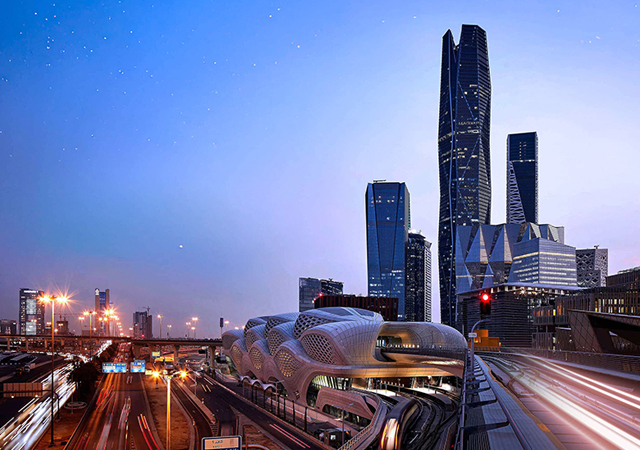
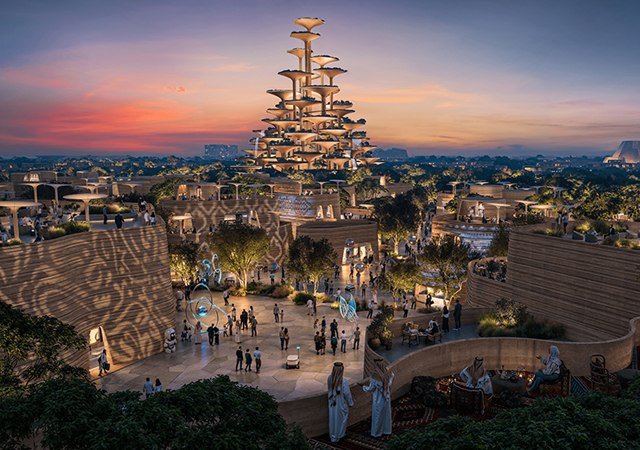
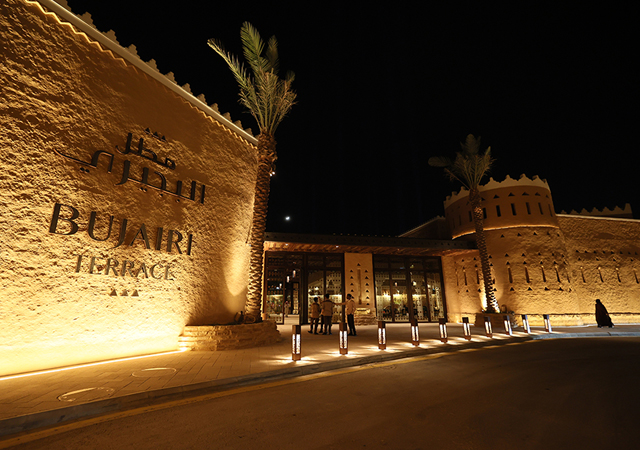
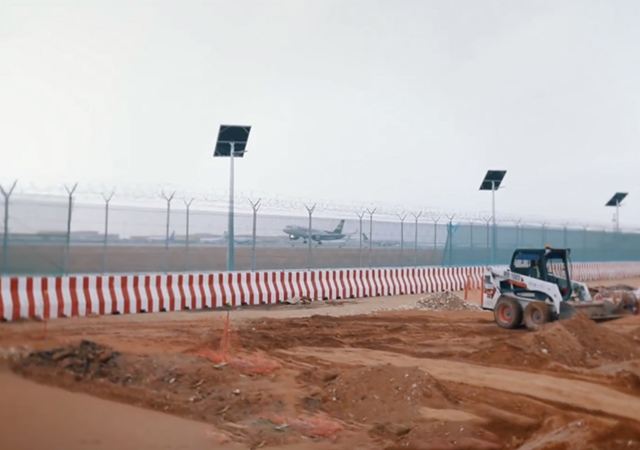
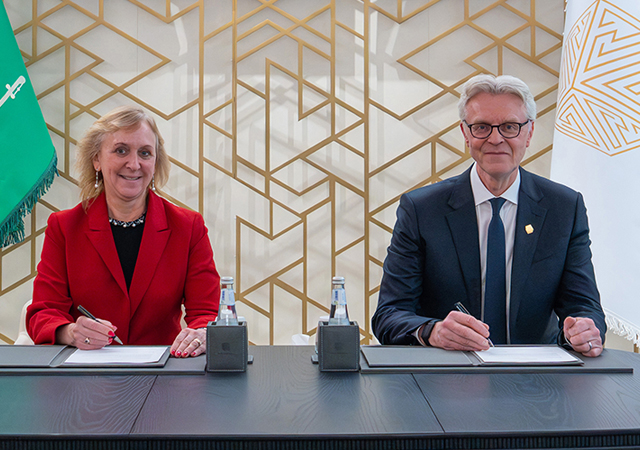
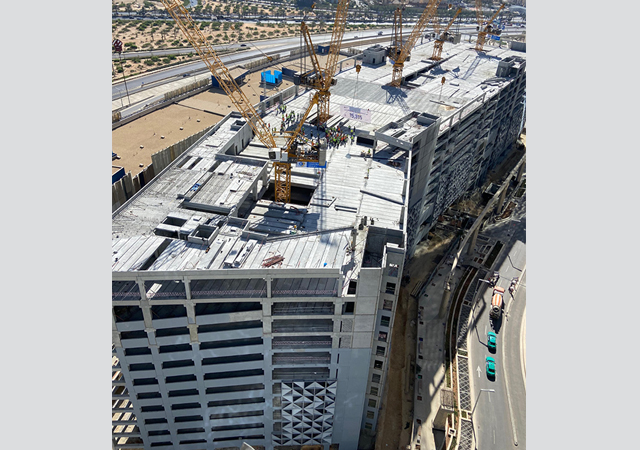
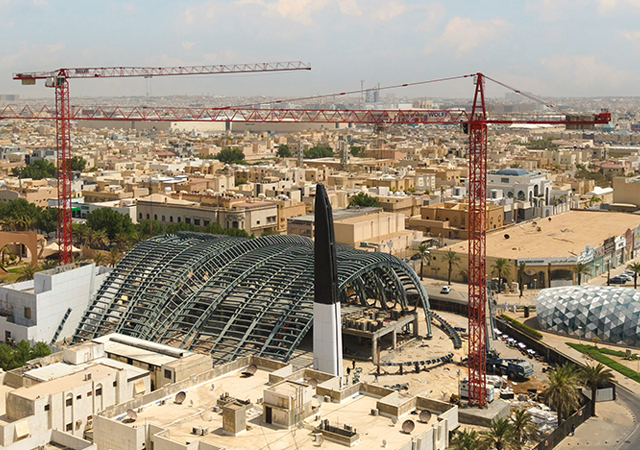
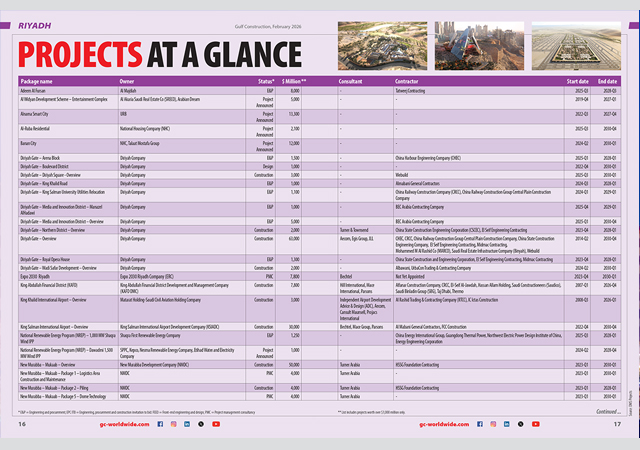
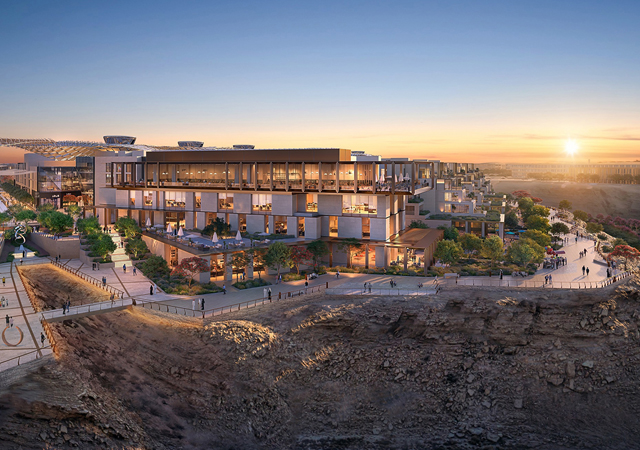
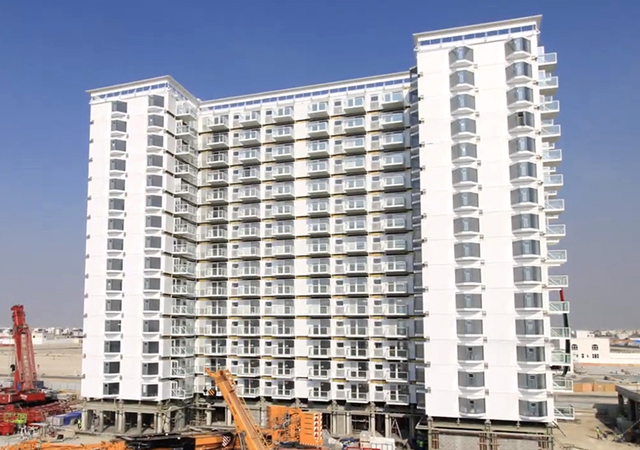
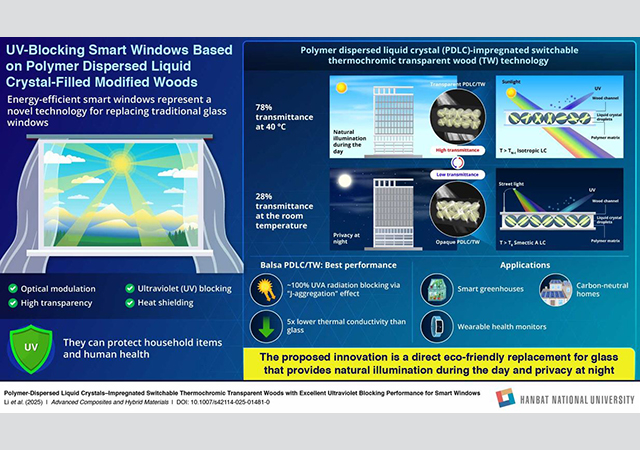
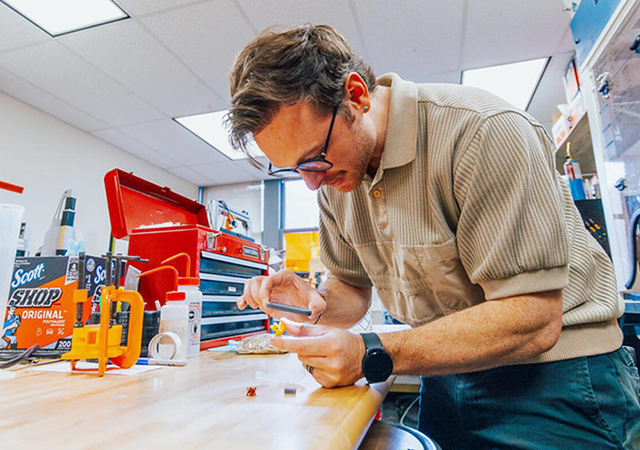
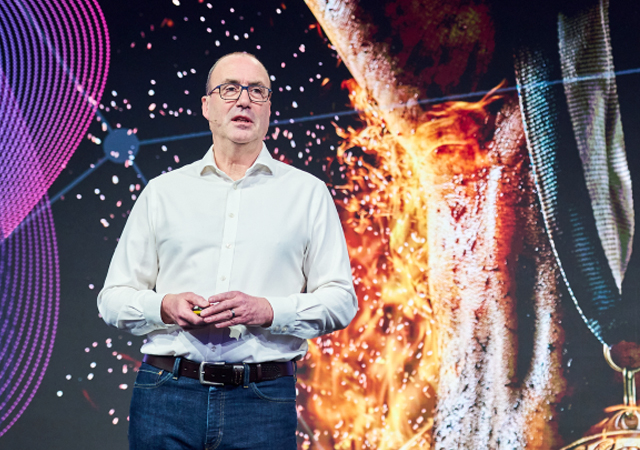
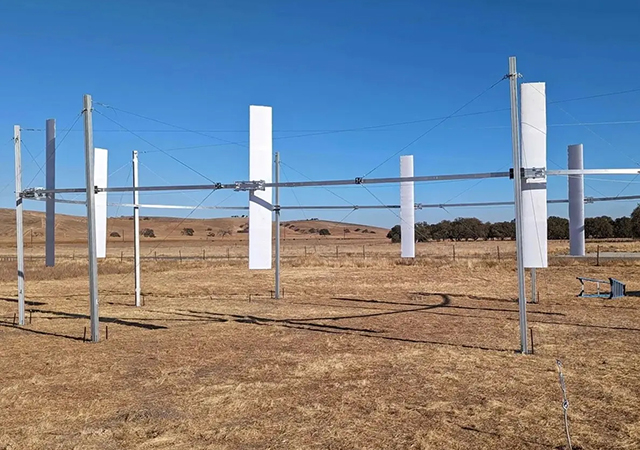
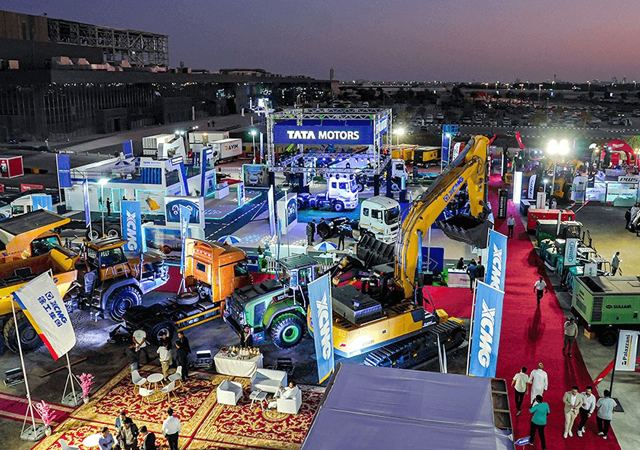
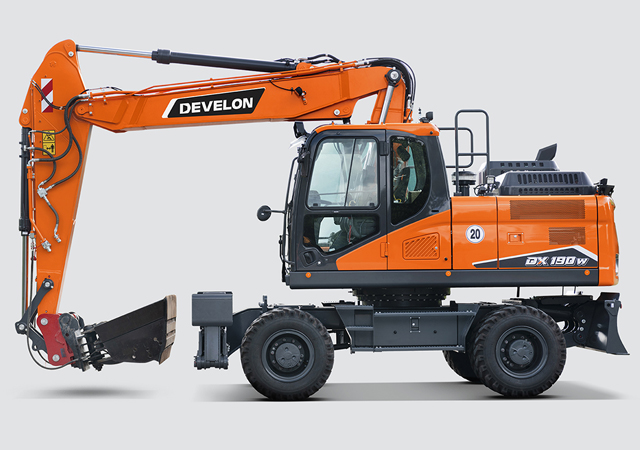
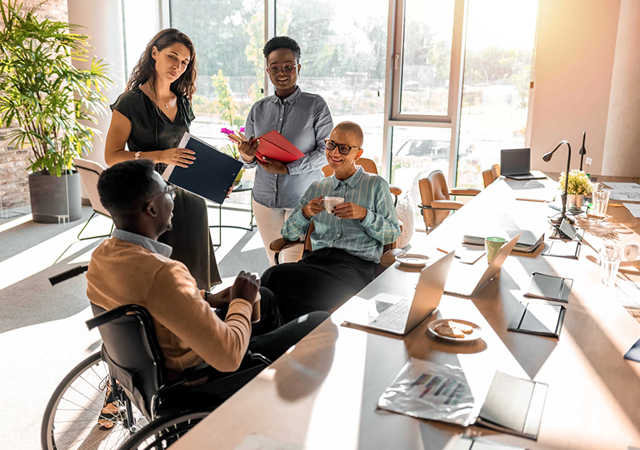
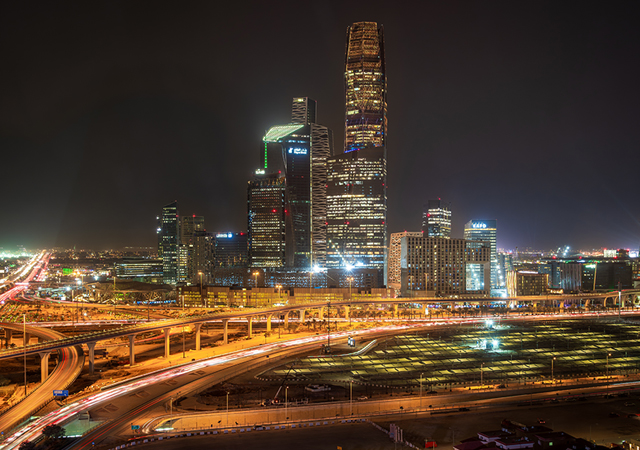
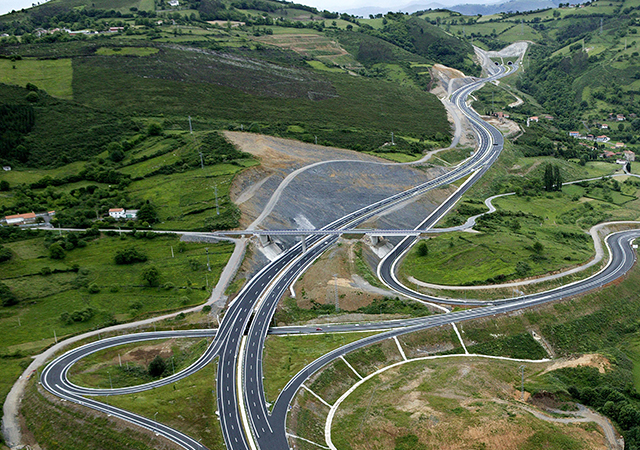
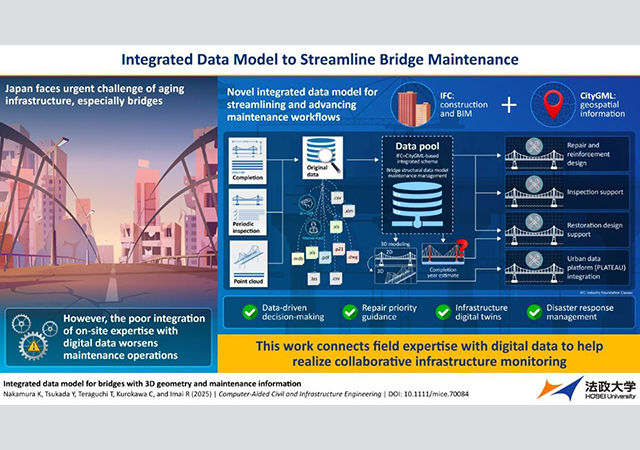
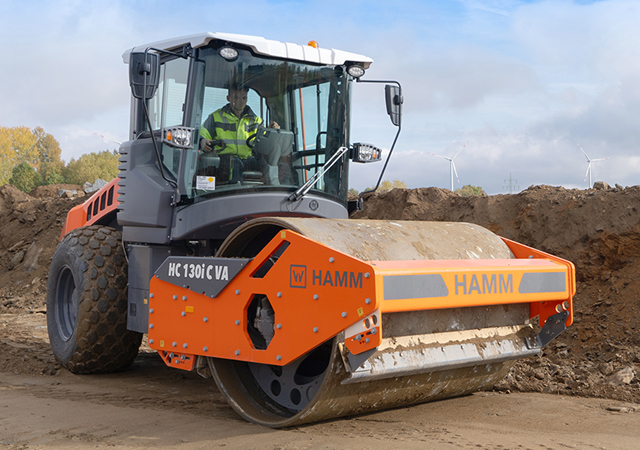
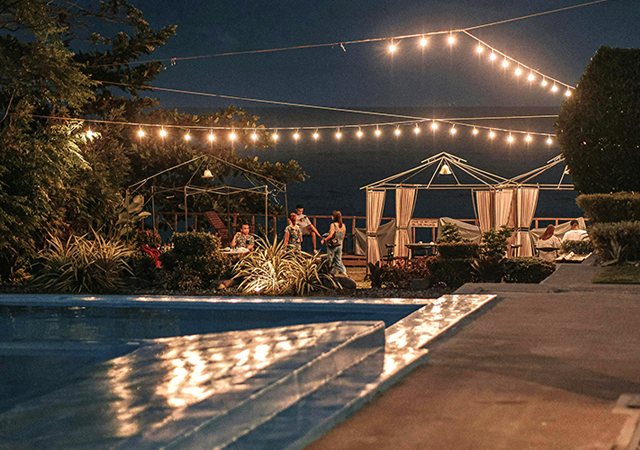
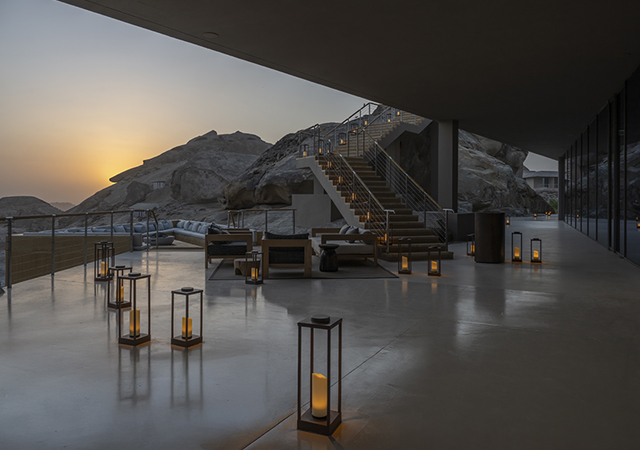
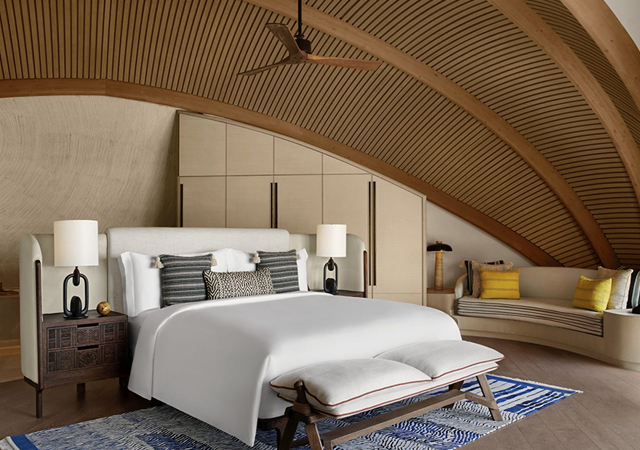
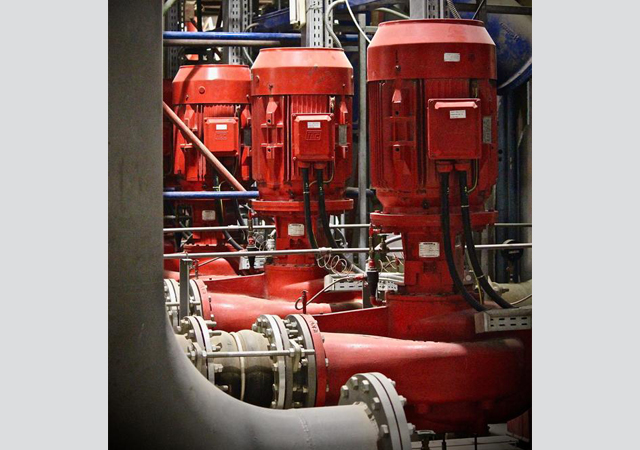
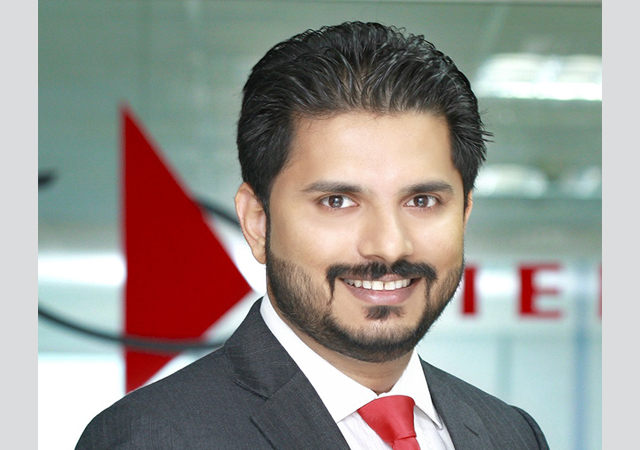
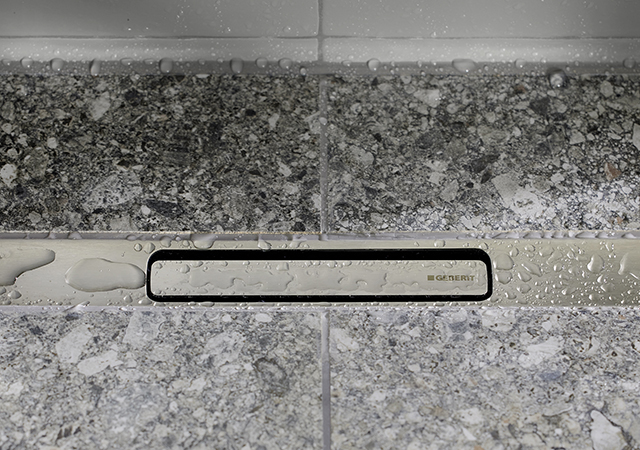
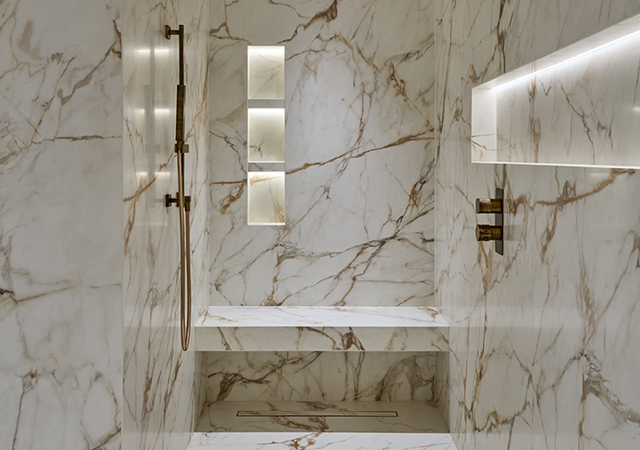
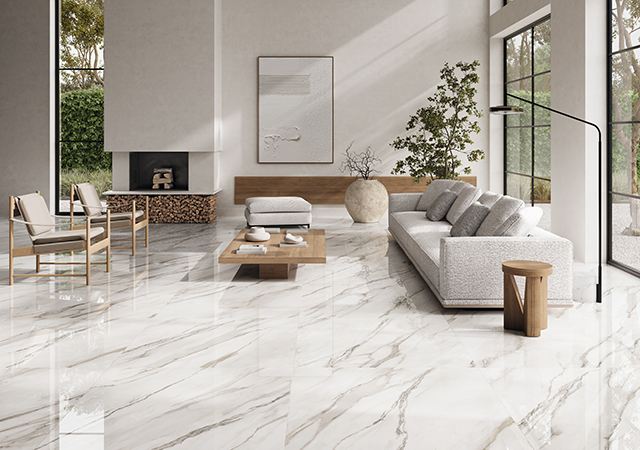
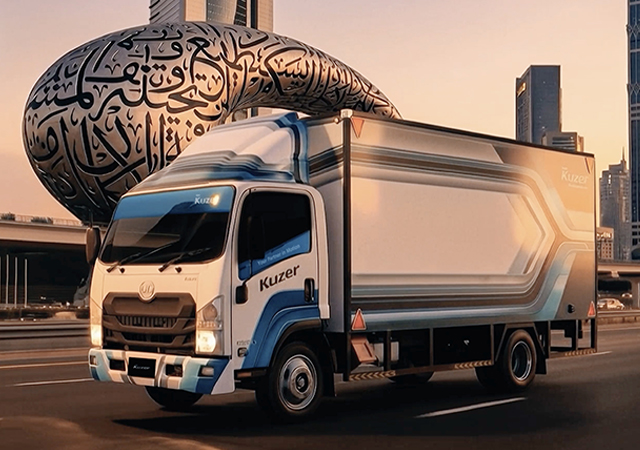
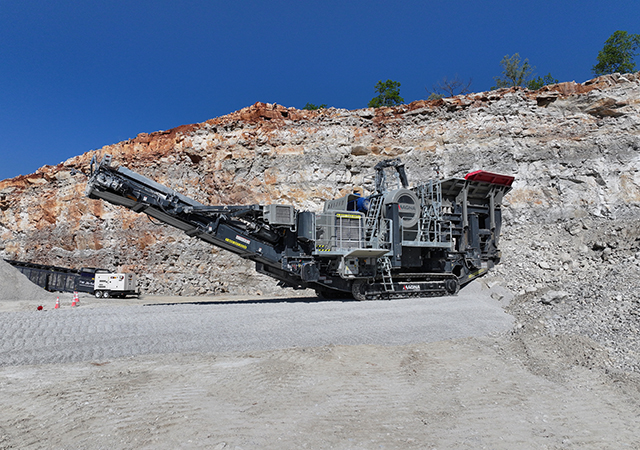
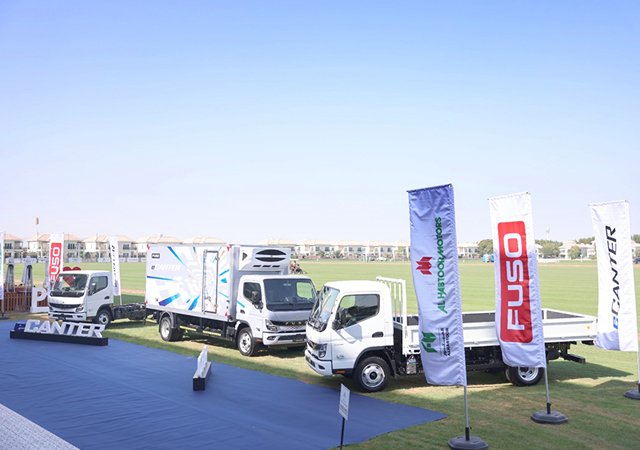
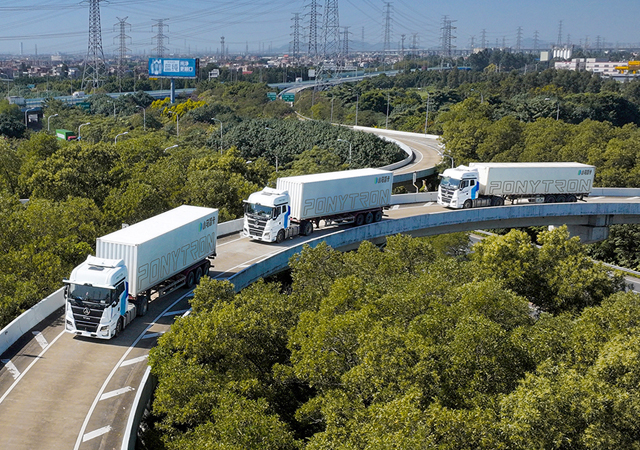
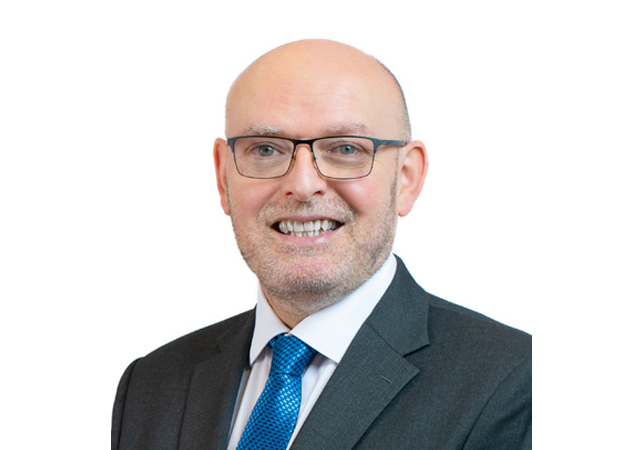
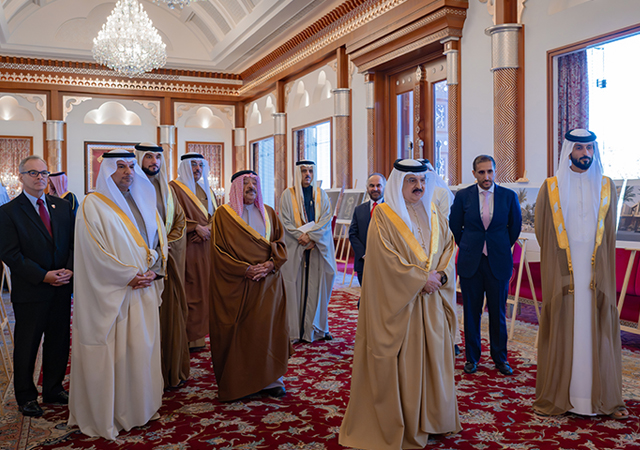
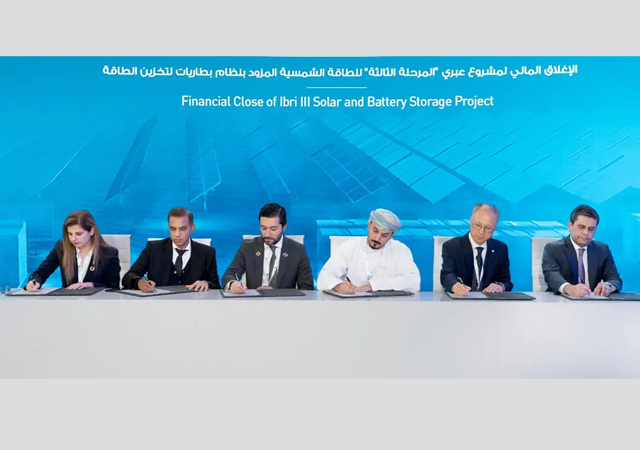
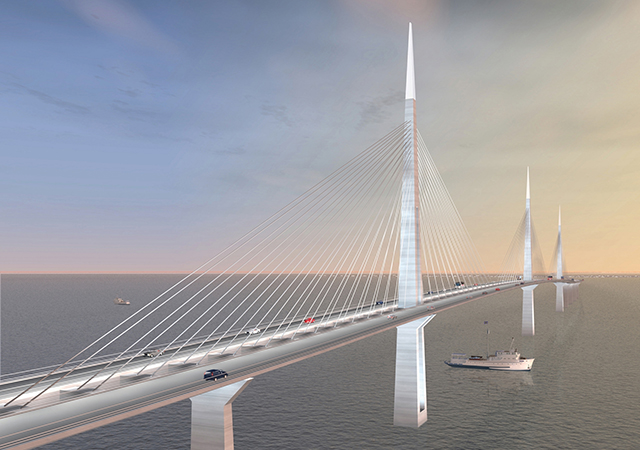
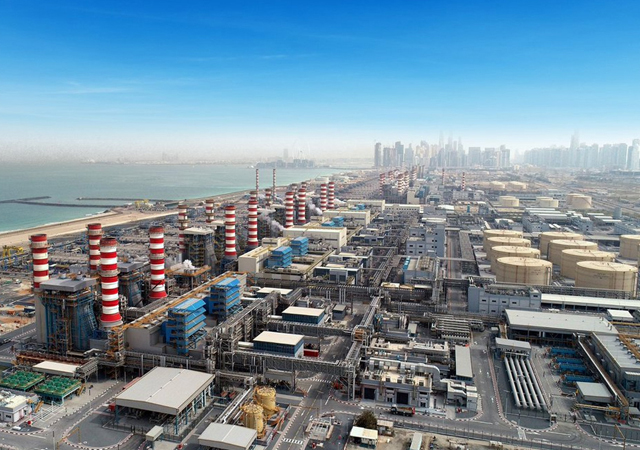
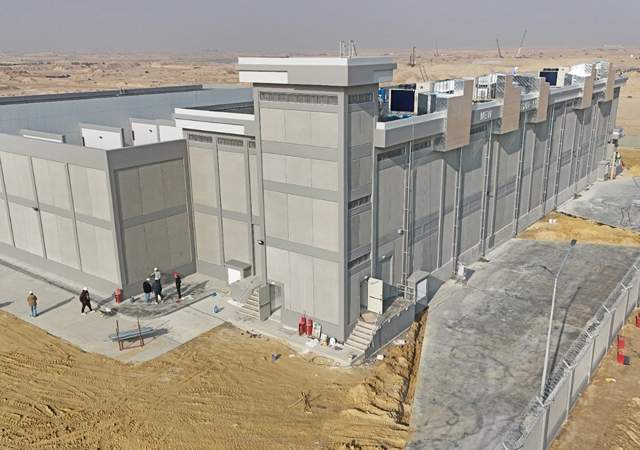
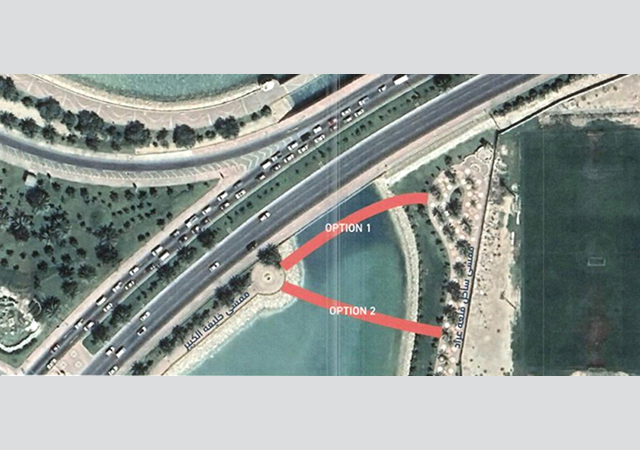
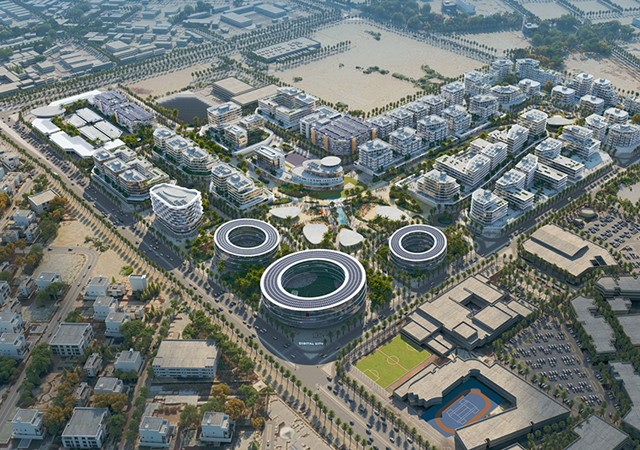
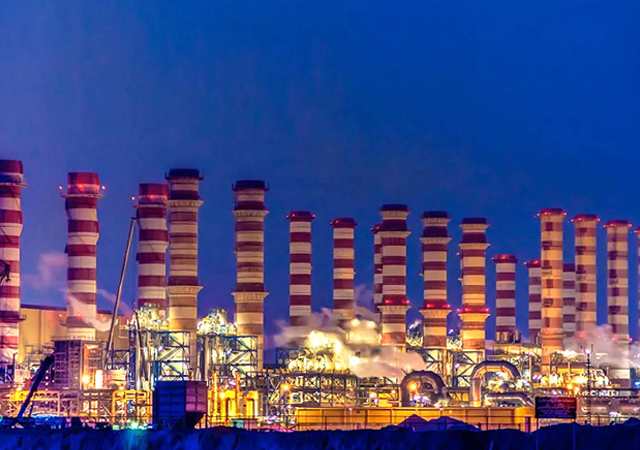
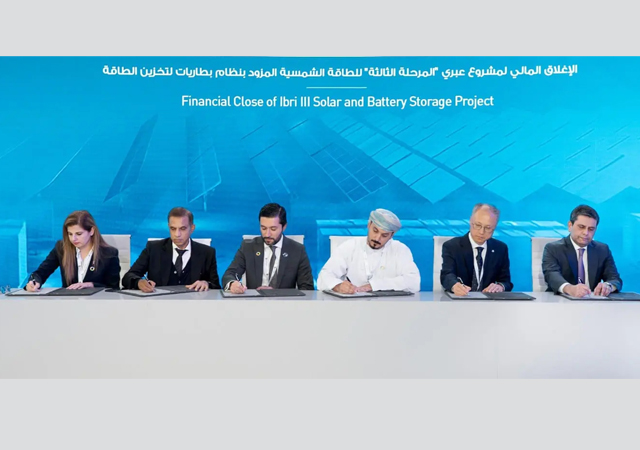
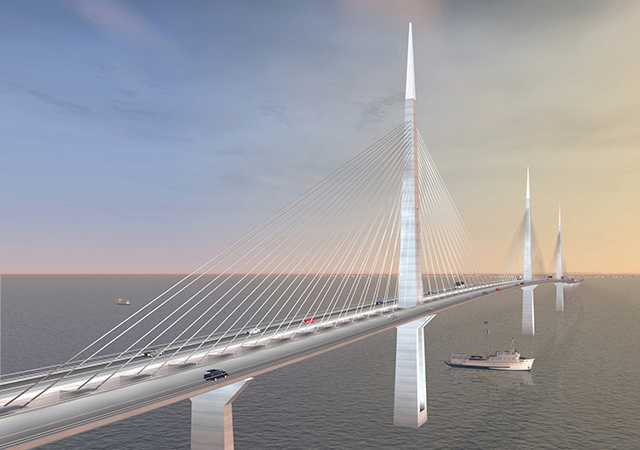
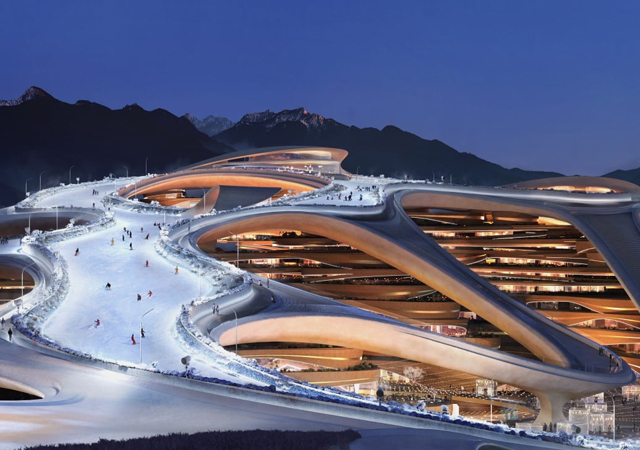

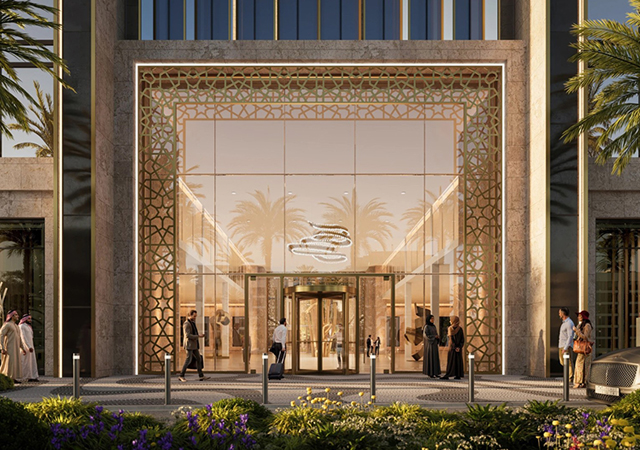
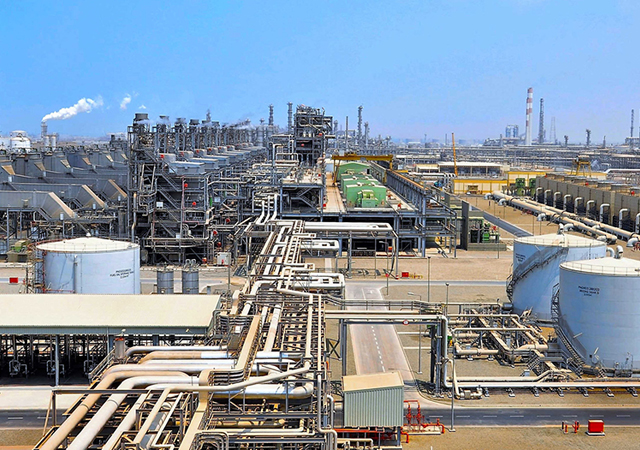
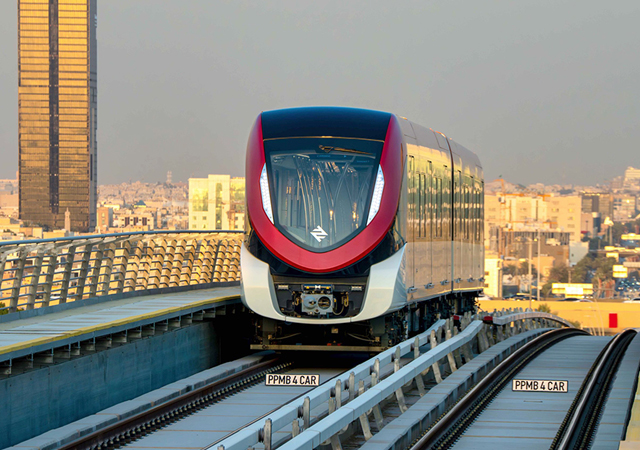
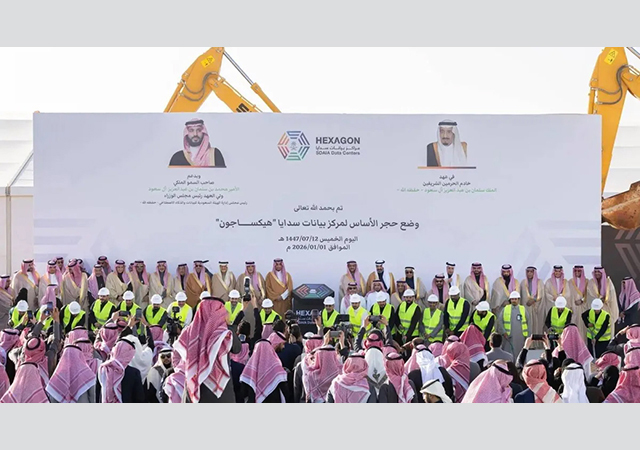
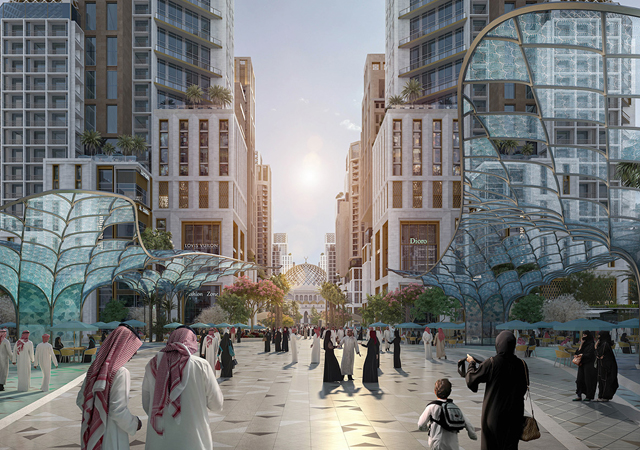
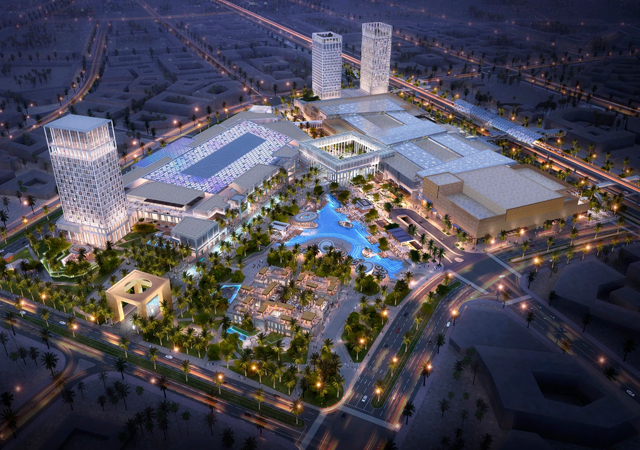
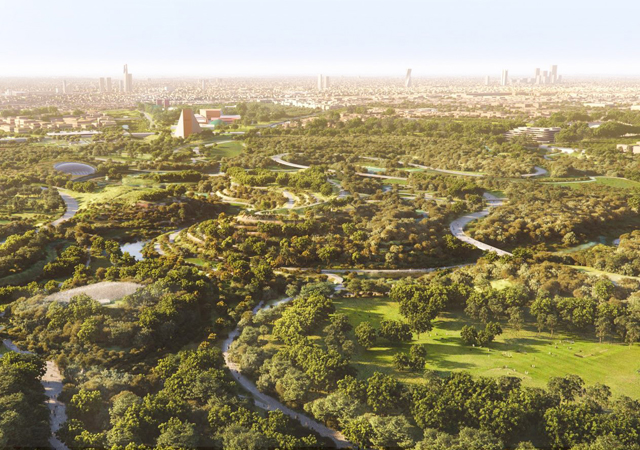
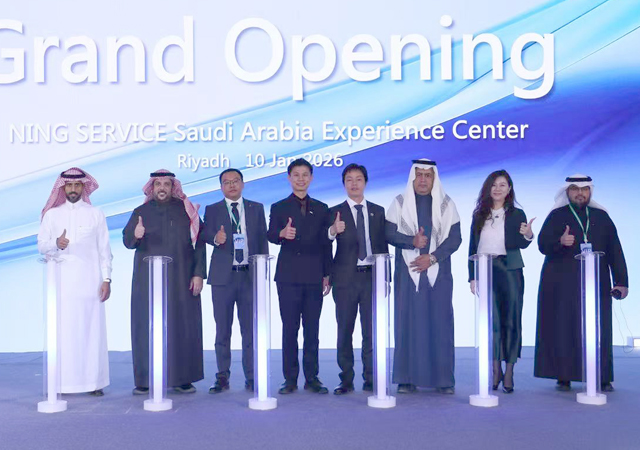
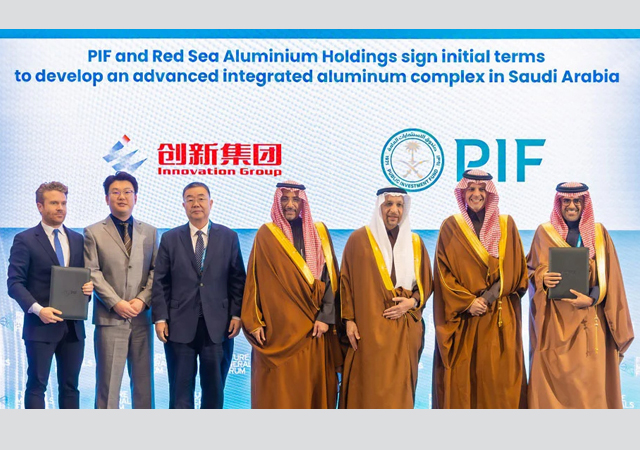
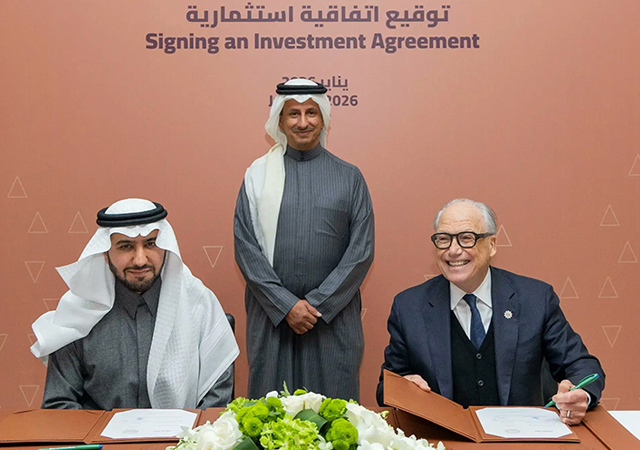

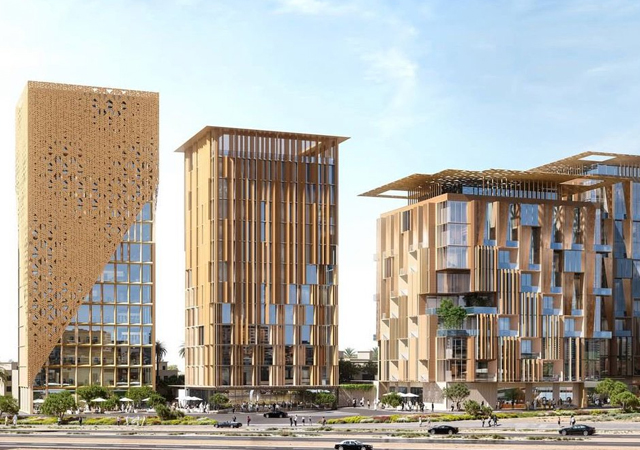
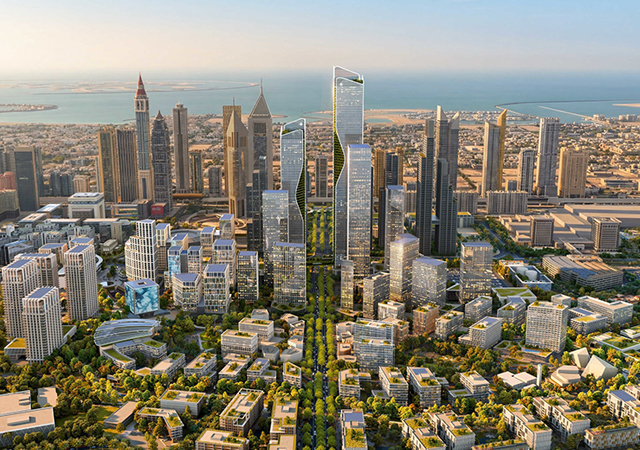
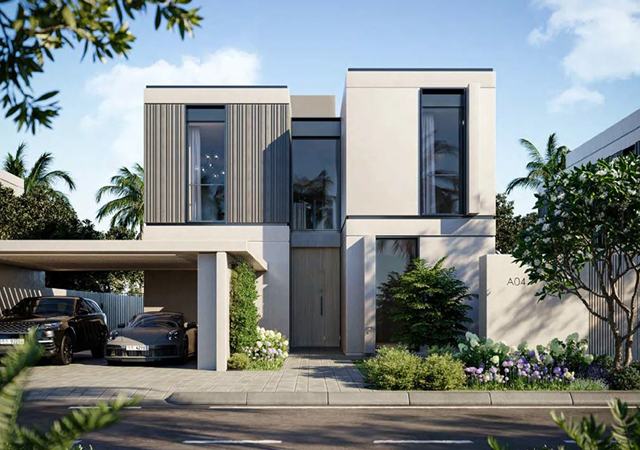
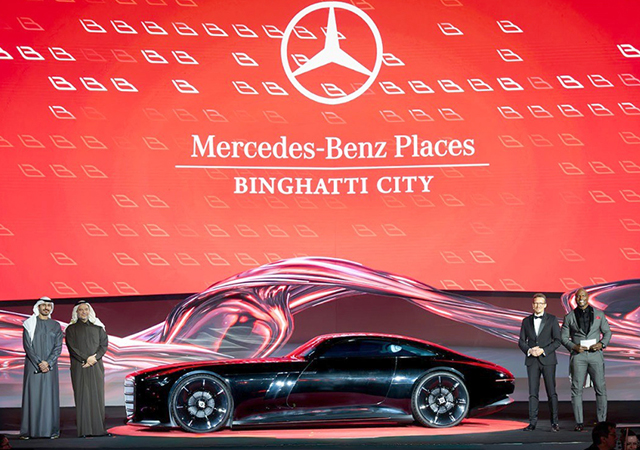
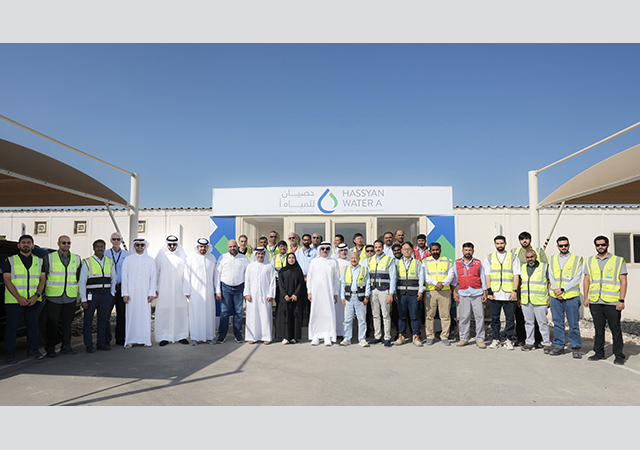
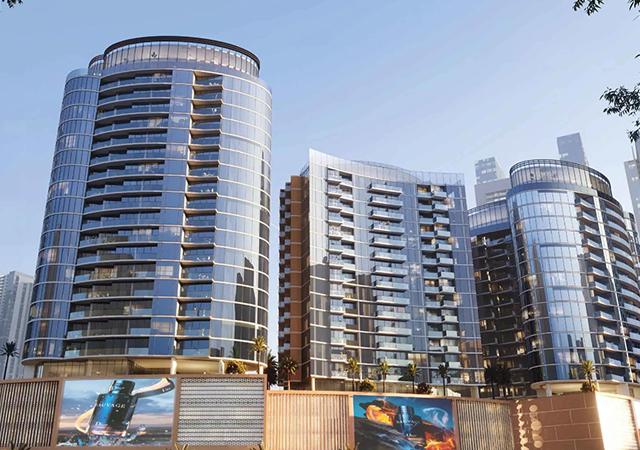
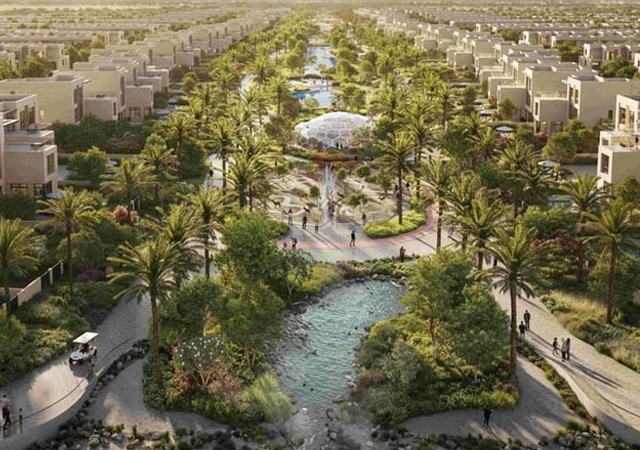
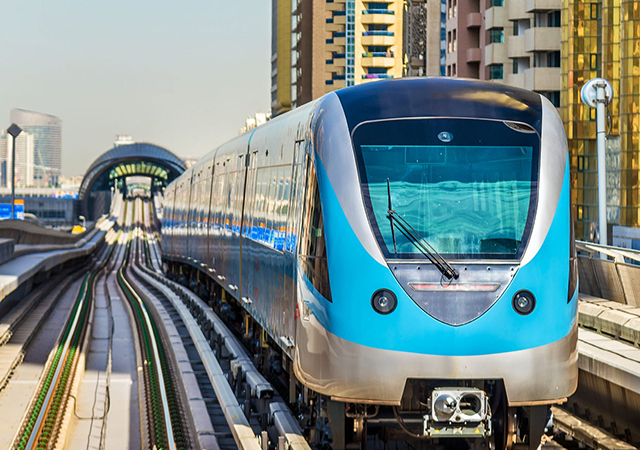
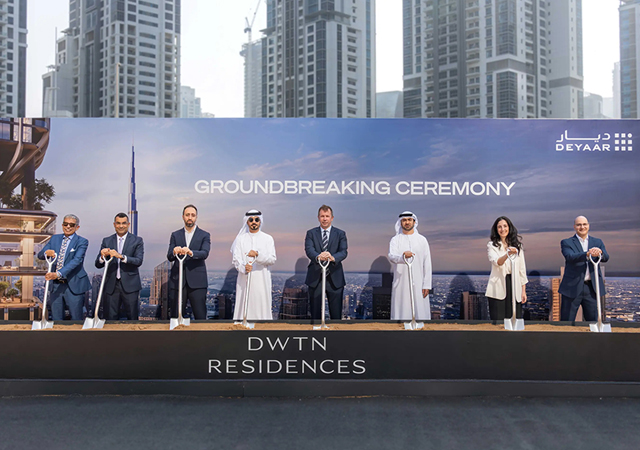
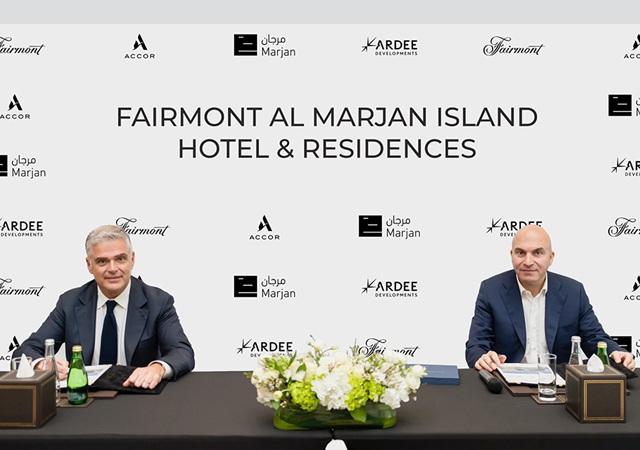
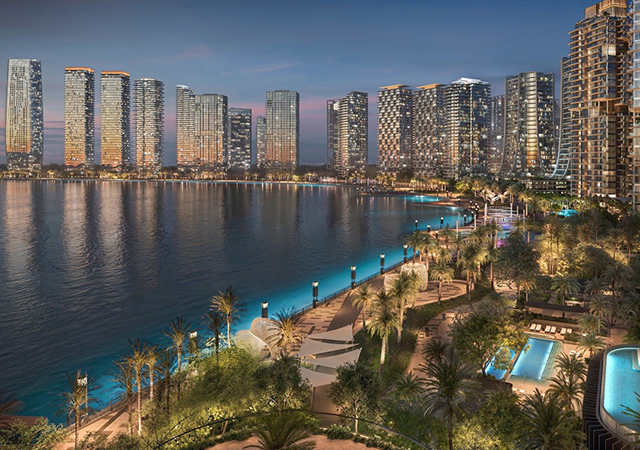
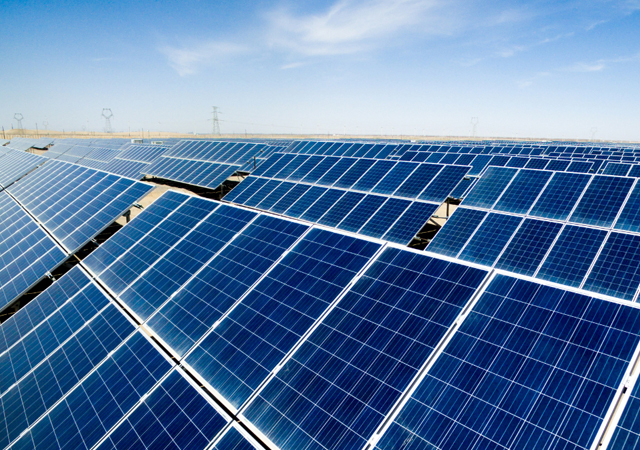
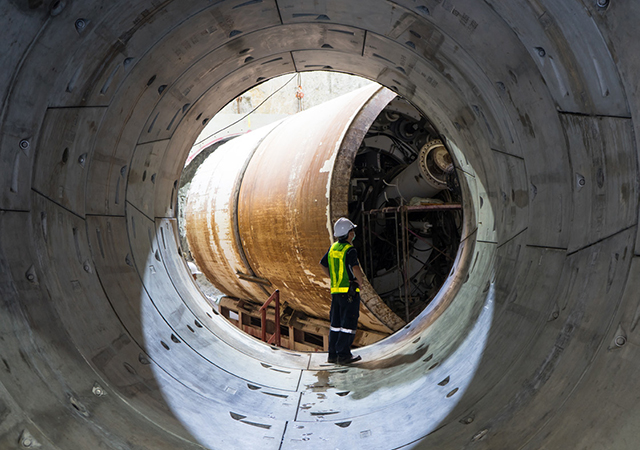
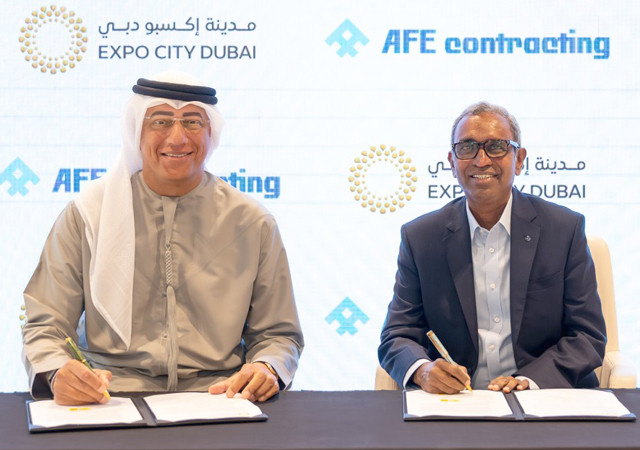
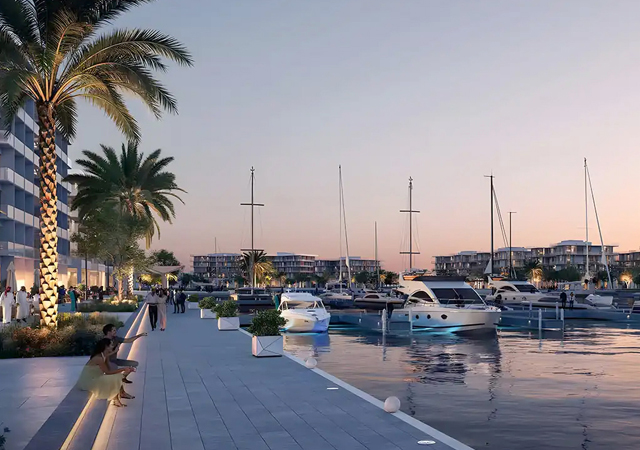
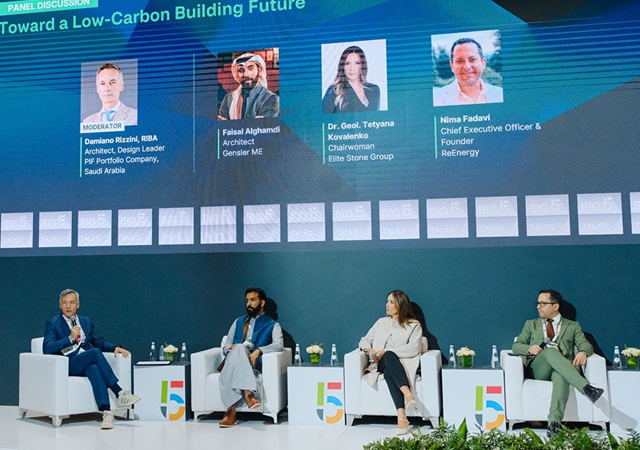
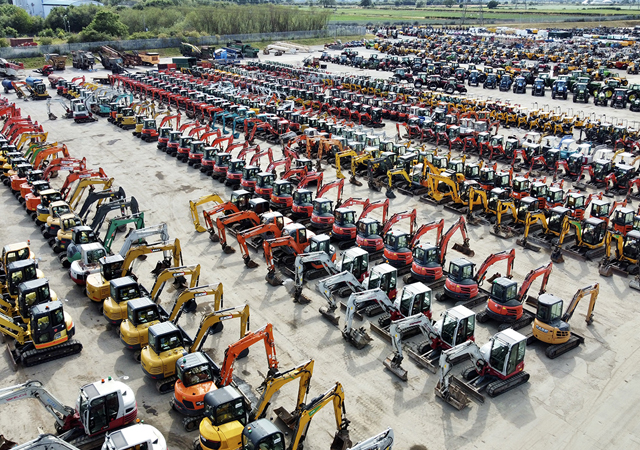
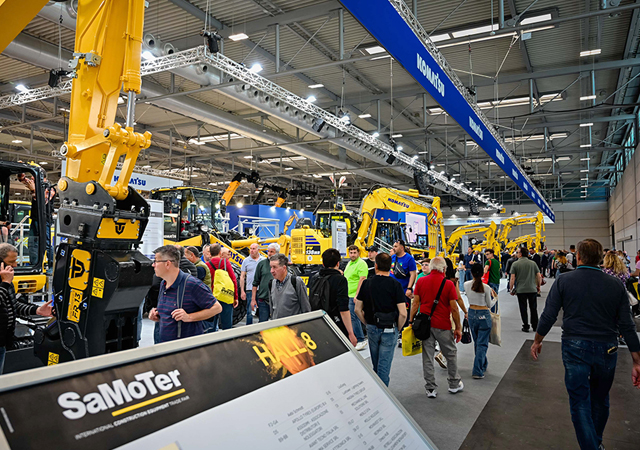
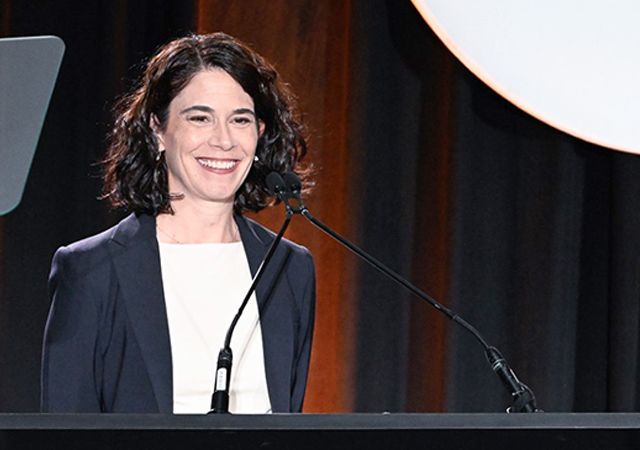


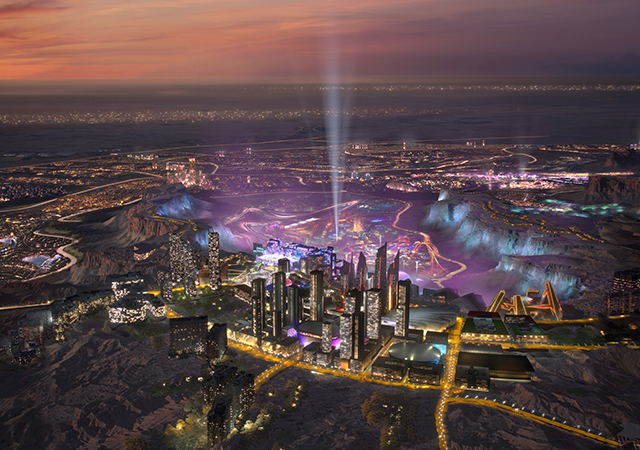
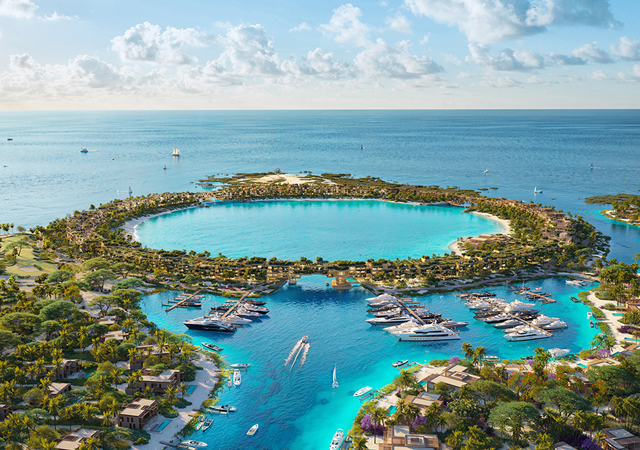
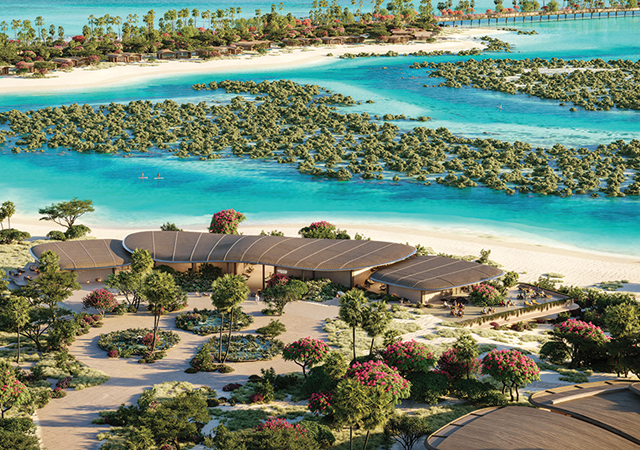
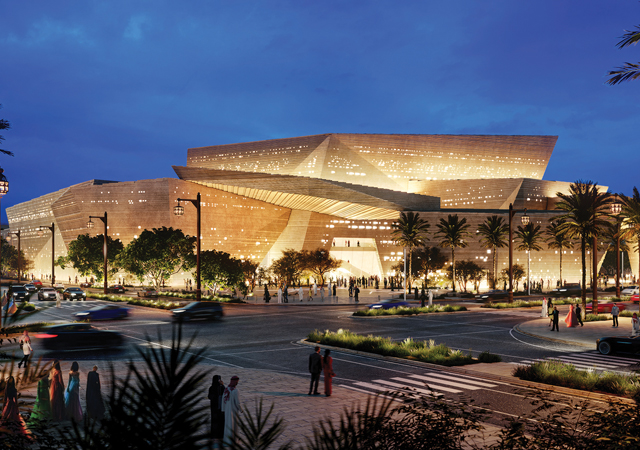
 BIG.jpg)
